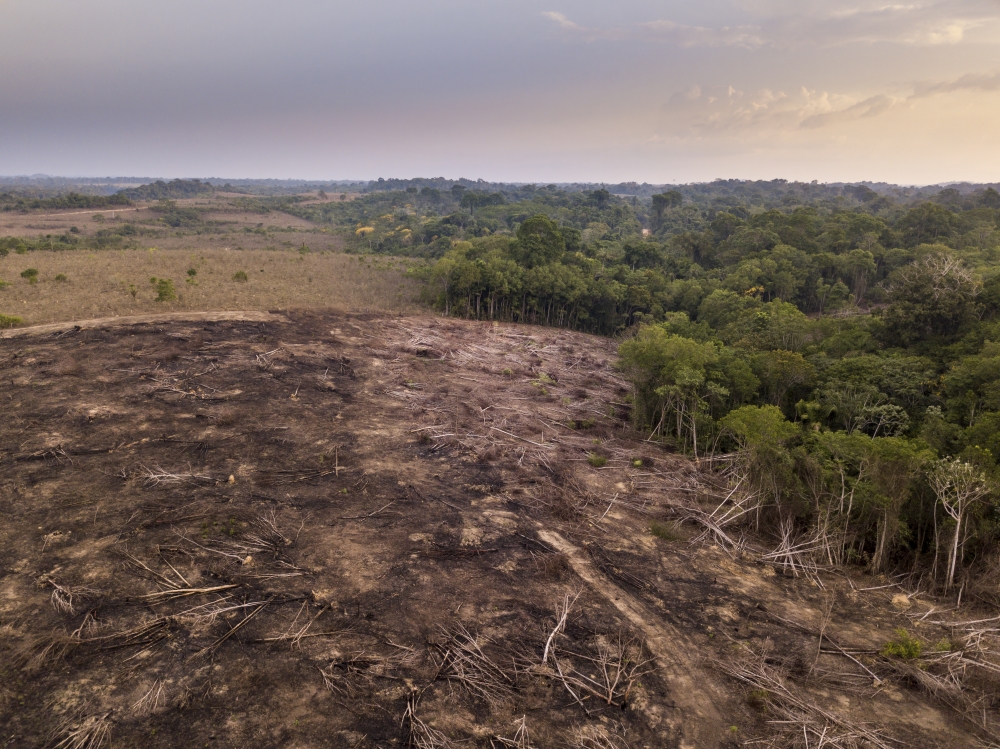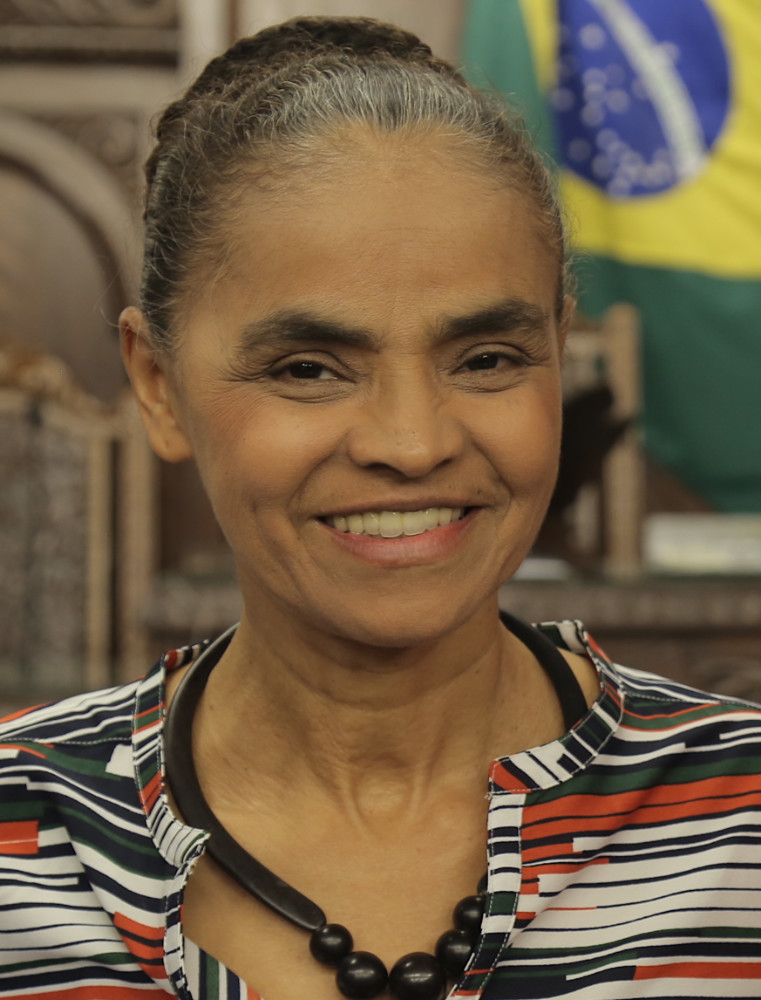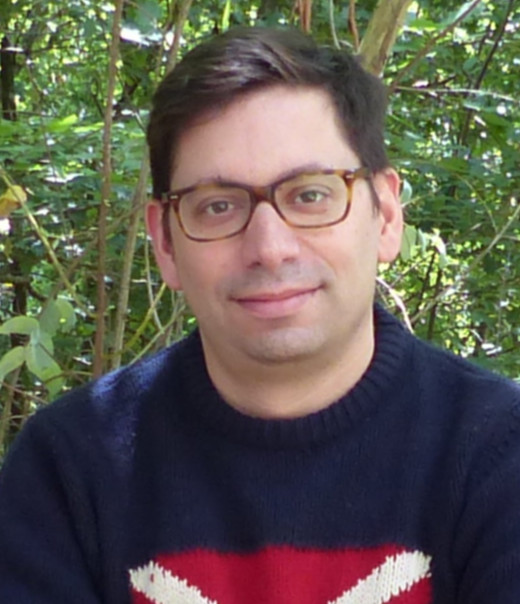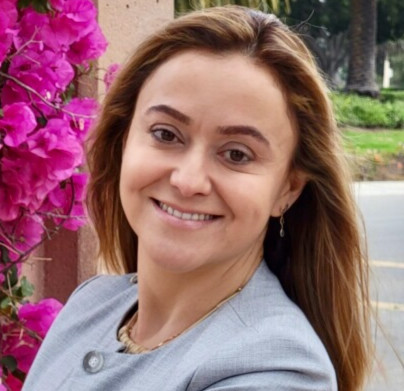
Saving the Amazon



The fires that raged in the Amazon rainforest in 2019 were the stuff of nightmares. They burned more than 2 million acres and, according to some estimates, cost more than $1 billion.
Today, “The situation is still dire,” said André Corrêa de Sá, a UC Santa Barbara assistant professor in the Department of Spanish and Portuguese. “There is no long-term planning, guidelines and regulations regarding climate change and sustainable agriculture practices.”
Covered by more than 2 million square miles of rainforest, the Amazon’s importance to the health of the planet is difficult to overstate. Few people understand this better than Marina Silva, who served as Brazil’s Minister of the Environment 2003-08.
Silva will share her expertise in a webinar “How Can We Save the Amazon?” Friday, Oct. 15, from 2:30 to 4 p.m. It is free and open to the public.
Organized by Corrêa de Sá and Aline Alves Ferreira, an associate professor of Spanish and Portuguese and director of UCSB’s Latin American and Iberian Studies (LAIS) program, the conversation with Silva and scholar Manaíra Aires Athayde will focus on the challenges facing the Amazon and its indigenous peoples.
“As everyone knows, the ecological crisis we are facing demands important transformations in our perceptions and attitudes towards the state of the planet,” Corrêa de Sá said. “This year, we want to bring to LAIS voices that inspire environmental engagement and help us better understand the issues and complexities we have to handle, both in particular and in global environments. Marina Silva immediately stood out as someone we wanted to invite to speak to our community.”
Silva, born into a family of rubber tappers in the state of Acre in the Brazilian Amazon, has spent much of her life as an activist for social justice and the preservation of the environment. She has been a tireless defender of the rainforest and indigenous lands, advocating for traditional communities and sustainable development.
“Marina Silva is deeply inspiring and can make us see things differently,” Corrêa de Sá said. “She will help us better understand some aspects of the environmental crisis in Brazil and the struggles of indigenous peoples for the right to preserve their ancestral lands and cultures. In addition, the debate about the Amazon is global and can spark a conversation about environmental issues at local scales.
“More than ever, we must recognize the critical importance of the Amazon rainforest for the entire world and unleash an anti-deforestation global movement,” he continued. “The Amazon plays a significant role in the planet’s life support system, for instance, in terms of water cycles and biodiversity. The large-scale deforestation may dry out the forest and transform it into a savannah, affecting other parts of the world.”
The conversation with Silva is sponsored by the Department of Spanish and Portuguese, the Environmental Studies Program, the Department of Global Studies, the Bren School of Environmental Sciences and Management, and the Interdisciplinary Humanities Center.



